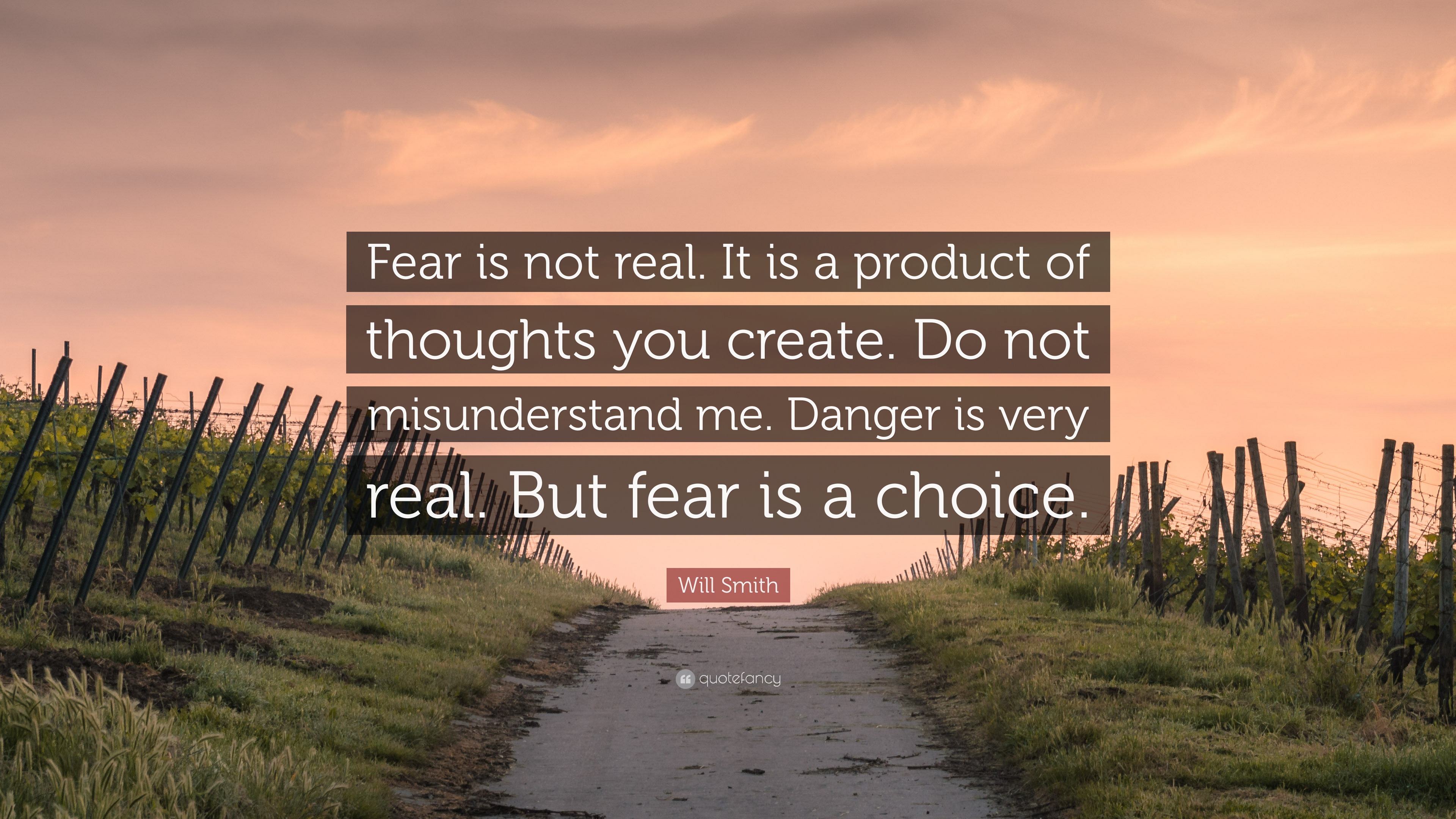


It’s best not to take them personally or pay much attention to them. You have no control over them, and most of the time, they have no meaning or relevance in your life. You can also have bizarre, weird, or paranoid thoughts that are basically "junk" thoughts. Talk to a mental health professional about how to control your symptoms. But if they become overwhelming, you could have depression or anxiety. These thoughts should fade as your situation changes. Sometimes, when things don’t work out as planned, you might think of yourself as a “loser” or feel you’re not good enough. But if you find yourself planning to follow through on your aggressive thoughts, you need professional help to manage your emotions. Often, they're just harmless, repetitive thoughts that you have no intention of acting on. Your thoughts may have dark or violent themes like hurting yourself or someone else. Experts say it’s best to remind yourself that these are just passing, automatic thoughts. When you feel uncomfortable with or shocked by such thoughts, you may fixate on them and try hard to push them away. It’s natural to often have sexual thoughts, no matter your gender. Intrusive thoughts can come in many forms. Intrusive thoughts can be a symptom of anxiety, depression, or obsessive-compulsive disorder ( OCD). But if you obsess about them so much that it interrupts your day-to-day life, this can be a sign of an underlying mental health problem.

They can range from random images to disturbing and violent ideas like punching someone in the face or hurting yourself. So why do they happen to you? They're called “intrusive thoughts” and nearly everyone has them from time to time. You don’t want to have these sticky, uncomfortable thoughts. But sometimes, it just keeps popping right back up. Have you ever had an unwanted thought or image get stuck in your head? Usually you can ignore it and move on.


 0 kommentar(er)
0 kommentar(er)
